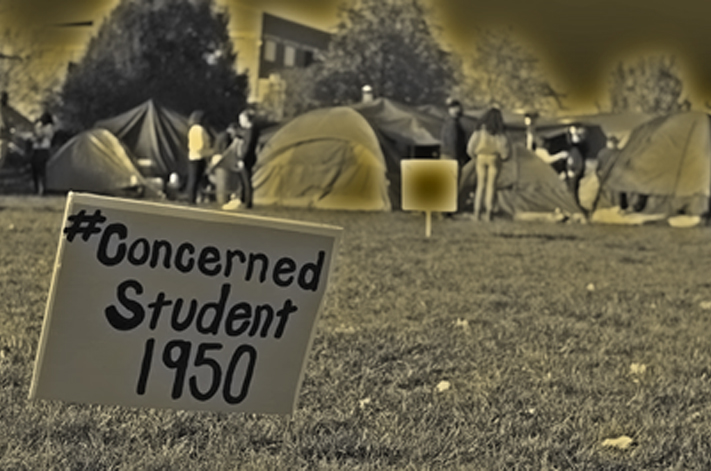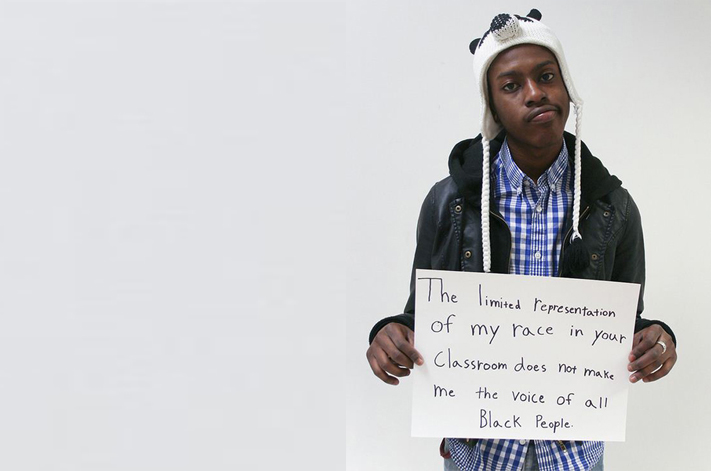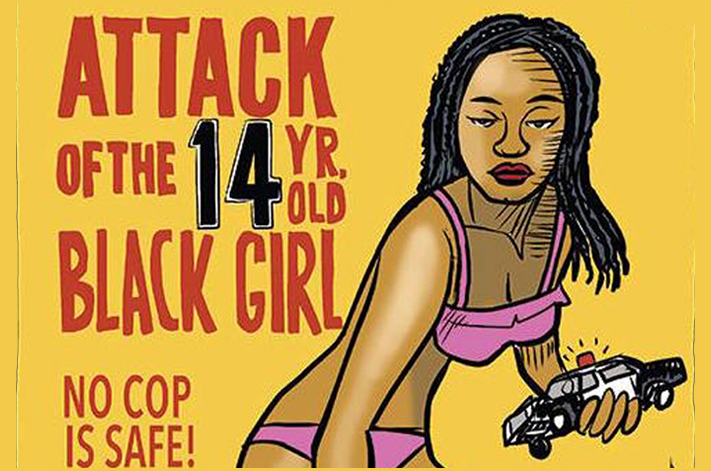Project Description
American Revolutionary: The Evolution of Grace Lee Boggs'
– A Revolutionary Becomes a Solutionary
‘Solutionaries are today’s Revolutionaries ~ Grace Lee Boggs
The Evolution Never Ends and is Now Captured on Film
I was in the passenger seat, listening, when I heard one of them say : “Women are solutionaries.”; and suddenly I recognized that everything that Detroiters were doing to survive in our devatastated and deindustralized city was not only making the next American revolution but changing the paradigm of revolution…
This is what true revolutions are about. They are about redefining our relationships with one another, to the Earth and to the world; about creating a new society in the places and spaces left vacant by the disintegration of the old, about hope, not despair; about saying yes to life and no to war; about finding the courage to love and care for the peoples of the world as we love and care for our own families. King’s revolutionary vision is about each of us becoming the change we want to see in the world.”
Grace Lee Boggs came to the conclusion that what see wanted to see and be was the solution. Today, at ninety-eight years young Grace is a revolutionary, a Solutionary; she is the evolution available for us to see.
Film Review: ‘American Revolutionary: The Evolution of Grace Lee Boggs’
Social activist Grace Lee Boggs is the sort of irresistible camera subject that will lend this lively and intelligent documentary a decent fest profile.
Singling out the most intriguing of her numerous namesakes from 2005′s “The Grace Lee Project,” Korean-American documaker Grace Lee pays tribute to a remarkable social activist in “American Revolutionary.” Known for her landmark work on behalf of black communities during the civil-rights era, as well as her FBI-rattling rise within the Black Power movement, 97-year-old Detroit fixture Grace Lee Boggs doesn’t just explode the docile-Asian-female stereotypes Lee set out to question with her earlier pic; she makes an inspiring case for self-determination and intellectual fortitude regardless of background. She also reps the sort of feisty, irresistible camera subject that will lend this lively and intelligent documentary a decent fest profile (it took the audience award at the Los Angeles Film Festival) and strong broadcast potential.
“You don’t choose the times you live in, but you do choose who you want to be,” Boggs says, and her own life could scarcely be improved upon as an embodiment of the principle. Born Grace Lee in 1915, the daughter of a Chinese-American restaurant owner in Providence, R.I., she fell under the dialectical spell of Hegel and Marx at Barnard and Bryn Mawr. In the early ’40s she moved to Chicago, where her exposure to rat-infested housing led her to protest for better living conditions, alongside her mostly black fellow tenants.
It was to be the beginning of a lifetime dedicated to advocacy for African-Americans; that she wasn’t black herself hardly kept them from welcoming her as one of their own, or kept her from accepting her natural role among them. In 1953 she married black auto worker and fellow activist James Boggs and moved with him to Detroit, where she lives to this day. (James Boggs, who died in 1993, is seen here in clips from old TV appearances with his wife; she jokes about how demure and overshadowed she seems next to him.) Initially interested in socialist solutions, the Boggses eventually split from key Marxist leaders (chief among them C.L.R. James) in order to speak more directly to the question of black liberation, as an issue separate from workers’ rights — and, in one of the documentary’s many mind-opening moments, an issue far greater and more complex than the mere notion of equality with whites.
It was one of many ways in which Grace Lee Boggs continually challenged herself and others to think differently, to personally redefine the very idea of revolution — something that must start, she insists, at the level of individual transformation. She herself underwent such a change over the course of the civil-rights era: Supplying an abundance of archival footage from marches, rallies and the horrific 1967 Detroit race riot, the docu details how her close identification with her associate Malcolm X eventually developed into a greater appreciation for Martin Luther King Jr.’s emphasis on nonviolent resistance.
The 84-minute film can offer only a quick precis of Boggs’ accomplishments (among them the 1992 founding of Detroit Summer, an organization focused on effecting positive social change through the city’s youth) and her formidable scholarship, which is reduced here to a few cutesy animated segments with titles like “Marx in 30 Seconds.” What Lee provides instead is a warm, admiring but not entirely uncritical look at Boggs herself, whom the helmer began filming regularly 10 years ago, and who despite of her stooped, wizened appearance and grandmotherly demeanor remains as fiercely and articulately outspoken as ever.
The most priceless moment occurs when Boggs, having a friendly intellectual disagreement with Danny Glover, dumps one book after another into the lap of the bemused-looking actor. Other Detroit-based activists, such as Shea Howell, describe Boggs’ passionate, take-no-prisoners approach in an argument, a stubbornness that Lee interrogates at one point, questioning how someone whose worldview is predicated on the idea of personal change — something explicitly referenced in the film’s title — can seem so maddeningly sure of herself.
Spryly paced and deftly assembled, “American Revolutionary” is also the latest in a run of documentaries to cast a sorrowful yet hopeful eye on Detroit, whose history as recounted here vividly demonstrates Boggs’ skepticism toward quick-fix solutions, whether it’s the rise of the seemingly invincible automotive industry or the 1974 election of Detroit’s first African-American mayor, Coleman Young, which many hoped would quell racial tensions between a white power structure and a mostly black populace. None of these supposed triumphs, Boggs notes, was a substitute for actual change — and for those who would applaud such an insight, she has a swift retort: “All of you clapping, do more thinking.”










